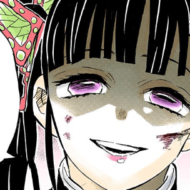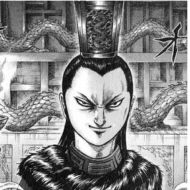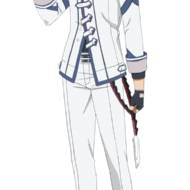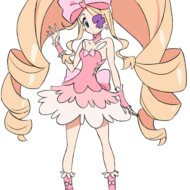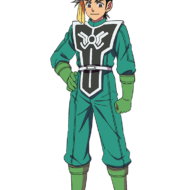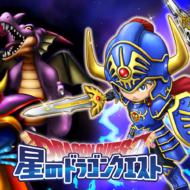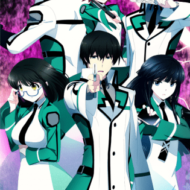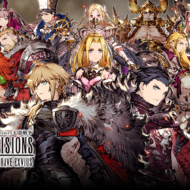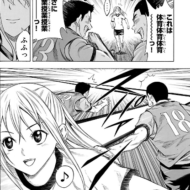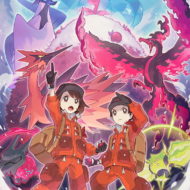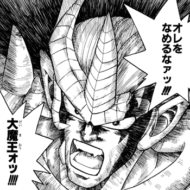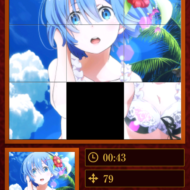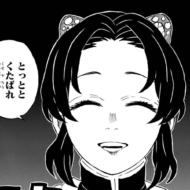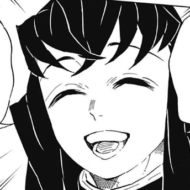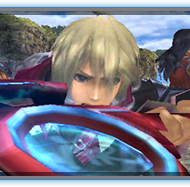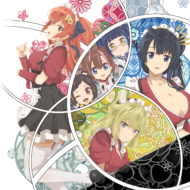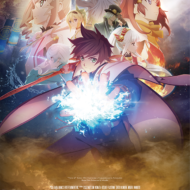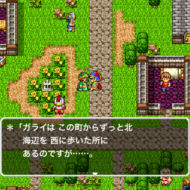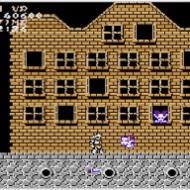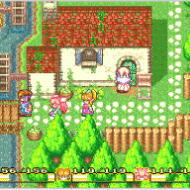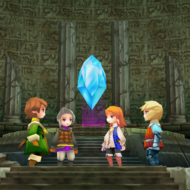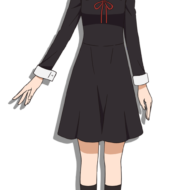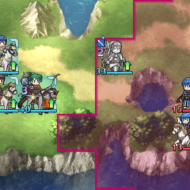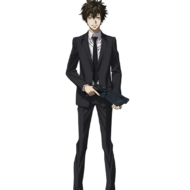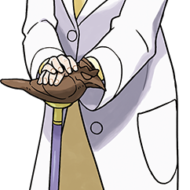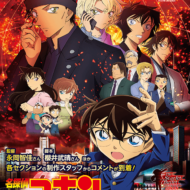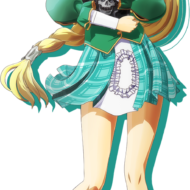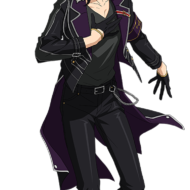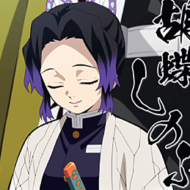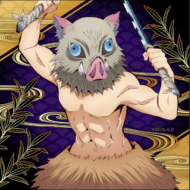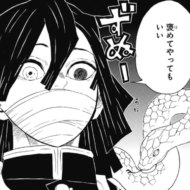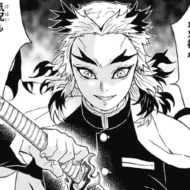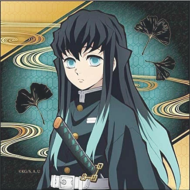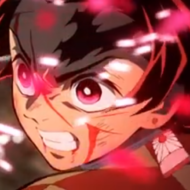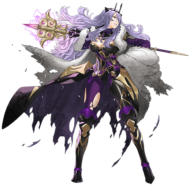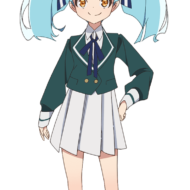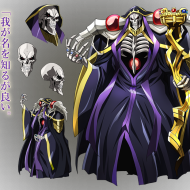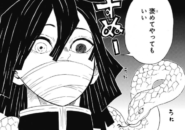The persuasive power of “popularity
出典 : Amazon.co.jp
Bucharati is often described by fans as “the ideal boss” and “a cool older character”.
In fact, he is the ideal boss, as he cares about his subordinates and never abandons them, and he leads his team with his good judgment and superior intellect, while shutting his eyes to a few shenanigans.
The scene where he says, “The hardest part of being an executive is that you have to do both ‘carry out the mission’ and ‘protect your subordinates'” is a scene that would make anyone cringe.
And Bharati’s competence and coolness is very convincing.
He assigns tasks to his subordinates according to their aptitudes, and he’s quick to acknowledge newcomer Jonno, and he makes us believe that it’s not easy for him to show leadership so that no one is isolated, and that he’s well-liked when he does it.
This is what makes Boucharati so appealing to me, and this is what makes him so compelling.
From the start of the story, he’s earned a lot of trust, both on and off the team, and he’s adored by everyone.
He’s a character who “already has it”, so to speak.
Needless to say, he has gone through a lot of events to get there, but since the reader/viewer doesn’t know the story, he is seen in bits and pieces as someone who is looked up to by those around him.
In order to make his popularity more convincing, the story of his rise to power as a gangster and the episodes that earned him the respect of his peers would have to be inserted in the story.
However, doing so would detract from the pacing of the story and would also mean that the gang’s misdeeds would have to be described.
Therefore, it is not surprising that Bucharati’s past is not portrayed.
Nevertheless, his popularity is compelling because his portrayal of the present, not his past, makes the reader/viewer think that the character has done a lot of things in the past that would be recognized by his peers.
In recent years, there have been many characters who haven’t done much, but have been highly praised by those around them, but Bucharati is the opposite.
That’s probably why Bucharati’s popularity has increased even more in the modern era.
The theme of JoJo Part 5 is the reminder, as depicted in the epilogue and prologue, “Sleeping Slaves,” that the path is paved by having the will to go towards it, no matter what the fate is.
However, the Gold Experience Requiem is the one that refuses the “will to go” of evil, whether it is righteous or evil, and it is the role of Giorno, the protagonist, to refuse the “will to go” of evil.
Bucharati, on the other hand, is the embodiment of the theme.
His way of life, connecting the will of Abacchio and Narancha, both of whom share the same fate, and reaching the end of his life despite being in a dead body and entrusting it to Giorno, makes him worthy of being called another protagonist.
It is no exaggeration to say that Bucharati is the character behind the fifth part of the series, and his rise in popularity has led directly to the re-evaluation of the fifth part of the series.
Summary
How much more satisfying it would be to have a boss and teacher like him every day… that’s how Bucharati makes you feel.
He was originally one of the most popular characters in the JoJo series, but with the anime adaptation, it seems like his popularity has been immobilized.
It’s amazing to me that a character with a “big hairy head and a zippered stand ability” would become so popular, if you think about it coldly!



